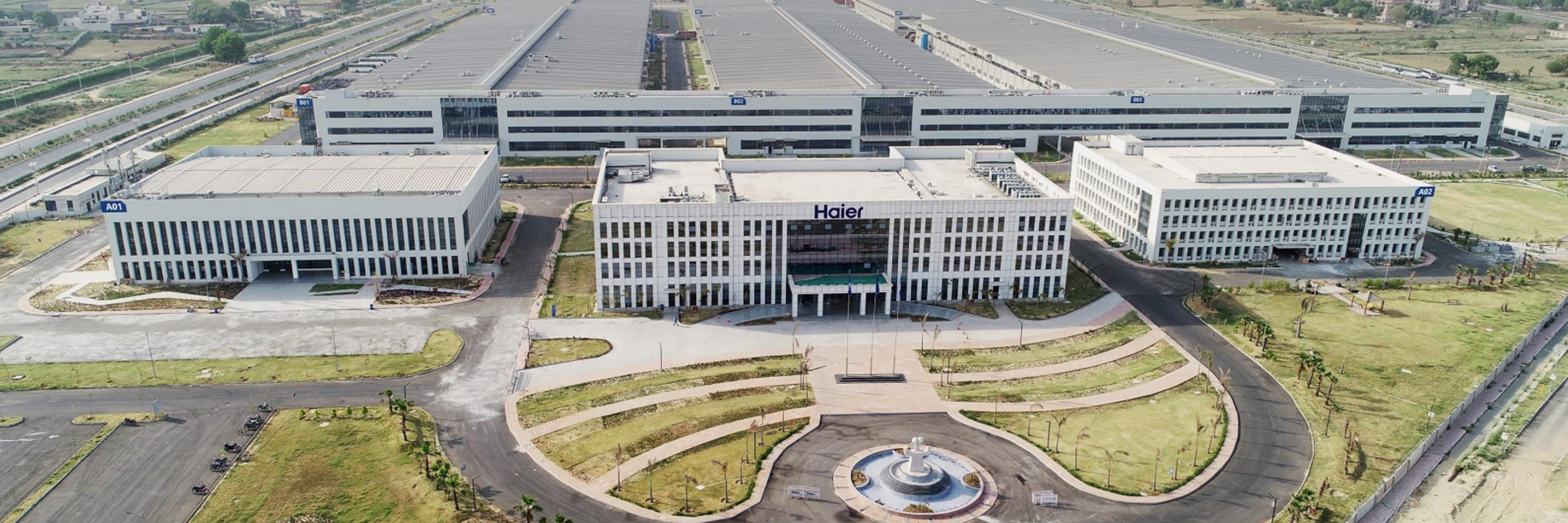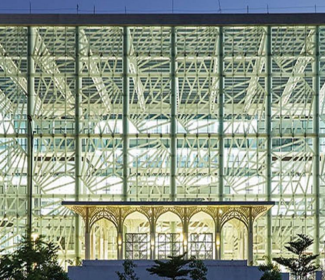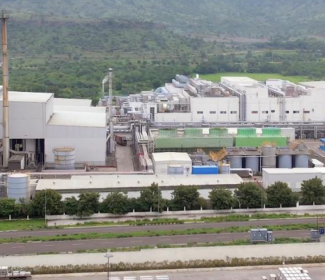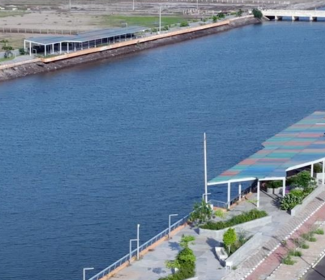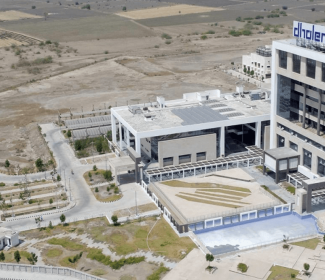The economic landscape of India is undergoing a significant transformation due to the rise of industrial smart cities.
Combining modern infrastructure with environment-friendly techniques, the existing and handful of cities have been boosting economic growth by attracting investments generating employments and streamlining business operations.
A major move toward taking this objective to the next level, the Indian Government has recently announced its intentions to further create 12 additional industrial smart cities nationwide that are well connected by the 11 industrial corridors and planned in a manner that boosts the country’s economy.
It is expected that these projects will generate around a million direct jobs and three million indirect employment opportunities — with an investment potential of ₹1.5 lakh crore — and establish these cities as important technological and economic hubs.
Efficient infrastructure
At the core of these smart cities is their effective infrastructure, which allows for easy and fast business set-up. By offering consistent power supply, intelligent grids for dependable energy and continuous water availability, these greenfield urban areas will establish the foundation for economic activities in the region.
Prioritizing circular economy methods ensures transitioning to the other side where circularity will help in no wastewater discharge, demonstrating a strong commitment to sustainable industrial advancements.
Smart infrastructure
Advanced technology solutions are a key element to intelligent urban areas. Various control centers would supervise utilities and services, such as internet connectivity, security, surveillance, digital management and traffic regulation.
Under the PM Gati Shakti National Master Plan, which aims to create an integrated infrastructure network across the country, these cities leverage Information and Communication Technology (ICT) to enhance operational efficiency and security. This integration supports improved governance and smoother business processes, aligning with the national vision of coordinated infrastructure development.
Ease of doing business
The vision of these smart cities will be to redefine the ease of conducting business in India. By adopting a “single window” system, the process of obtaining business approvals has been greatly simplified.
This has made it easier for entrepreneurs and companies to navigate the complex bureaucratic environment, reducing delays and creating a more conducive environment for investments.
“By streamlining approvals through a single-window system and providing real-time data on land and infrastructure, industrial smart cities are redefining the ease of doing business in India,” says Ananthanarayanan Shanmugam, Senior Vice President & Chief Facilitation and Government Relations Officer (State Facilitation) at Invest India.
Additionally, a clear system for resolving grievances further ensures that businesses can focus on expansion without being hindered by administrative obstacles. The Indian Industrial Land Bank (IILB) — a national GIS platform developed by DPIIT, in collaboration with Invest India — enhances this experience by aligning with the smart cities’ infrastructure goals.
By providing real-time, centralized data on available industrial land, its supporting infrastructure, connectivity to nodal points and raw material availability, the IILB complements the smart cities’ efforts to streamline land acquisition and resource planning.
Sustainability
In these smart cities, sustainability will be an important focus. Incorporating renewable energy sources such as solar and wind power in their planning, this eco-friendly approach will also be backed by Building Information Modeling (BIM) and asset management systems that will enhance maintenance and operations efficiency.
By reducing their environmental impact, the adoption of circularity will not only manage water, but help in many more circular economic ways. This will make these cities lead the way and set examples in sustainable urban development.
“Smart industrial cities are the catalysts for India’s next wave of economic expansion, combining modern infrastructure with sustainability to create jobs, boost productivity and enhance global competitiveness,” says Shanmugam.
City development
The approach to urban development in these cities extends beyond just business. By integrating social amenities such as housing, healthcare, education and leisure facilities, these smart areas offer a well-rounded “live-work-play” environment. This comprehensive strategy is aimed at attracting a talented workforce and fostering a dynamic community that supports both professional and personal development.
“These smart industrial cities are designed not just for business but for the future, incorporating green technologies and circular economy principles to ensure long-term environmental and economic resilience,” he adds.
Connectivity and logistics
These smart cities are strategically positioned near transportation routes, ports and airports, thereby providing an advantage in connectivity and logistics.
Aligned with the National Logistics Policy (NLP), these cities benefit from improved infrastructure such as multimodal logistical hubs, modern road and rail systems and integrated transport networks.
The NLP aims to enhance logistical efficiency by reducing costs and transit times, ensuring streamlined supply chains and making these cities a desirable choice for industries with complex logistical needs.
Transforming the industrial landscape
The rise of these smart cities marks a new chapter in India’s industrial growth on par with global standards. Here, modern infrastructure, eco-friendly solutions and efficient business processes are poised to significantly impact India’s economic trajectory and help achieve the goal of $2 trillion in exports by 2030.
The progress will set new benchmarks in urban planning, sustainability and business convenience — shaping the Indian industrial landscape for the future.
“Our vision is to create smart industrial cities that not only attract investment but also provide a holistic environment for businesses and communities to thrive, setting new benchmarks in urban development," concludes Shanmugam.

